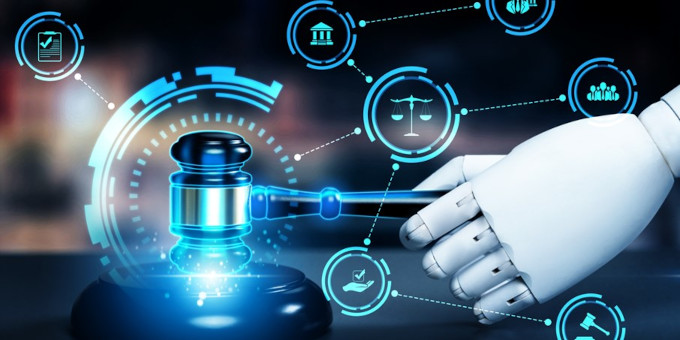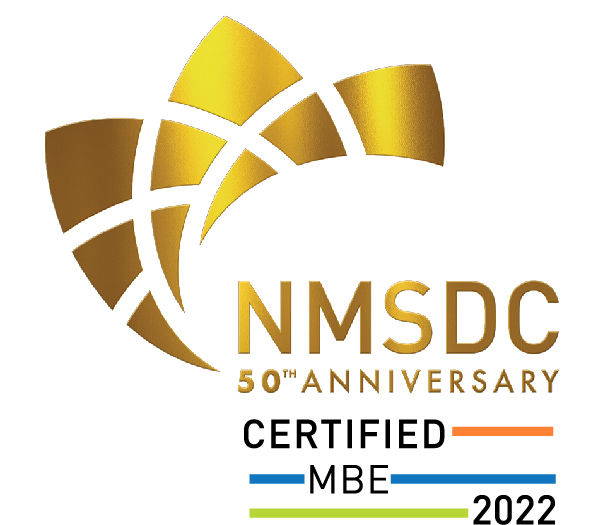Along with offering key impressions of leading providers in the sector, the 9th annual E-Discovery Unfiltered: A Survey of Current Trends and Candid Perspectives report identifies the market shifts, pricing patterns, artificial intelligence developments, and data management practices that are driving the transformation of e-discovery.
Between February 23, 2023, and April 10, 2023, I personally interviewed 30 individuals responsible for e-discovery decision-making. The insights from the 16 contributing leaders in corporate legal departments and 14 in law firms offer a roadmap for organizations planning to enhance their technology-driven efficiency, create more innovative talent deployment strategies, improve their data hygiene, and upgrade their approach to AI in 2024.1 It is also a trusted resource to help buyers make informed purchasing decisions, assess their litigation support protocols, and empower their teams.
The report’s key findings include a focus on self-service, remote review, increased deployment of AI, greater use of analytics, and expansion of the cloud.
Empower Self-Service
It is important for providers of technology and services to continue to enable self-service options because 97% of the participants reported that corporate legal teams are bringing more of their e-discovery in-house. “We are conducting e-discovery internally on our smaller cases; if we can do some cases in-house, we can more effectively control our costs,” said one in-house lawyer. “Our one-year goal is full internal e-discovery capabilities,” added an in-house legal professional.
That said, it is also important to offer a holistic solution that combines empowerment with support because of the increasing complexity in this field. “While lots of companies have taken steps in that direction, the problem is that e-discovery is not a one-time spend and needs to evolve, so I still see corporations looking to outside providers to help them because the math does not always make sense,” explained a law firm litigation support leader.
Anticipate More Litigation and Higher Volumes of Data
Given that 63% of the participating leaders expected the number of their litigation matters to increase this year and 47% advised that the total cost of a typical e-discovery matter has increased over the past 12 months, legal teams should anticipate a continuation of that upward trajectory on both volume and cost. After all, 83% highlighted that the amount of data in a typical e-discovery matter has increased over the past year.
“New work habits during the pandemic exponentially increased the volume of data for e-discovery,” explained a law firm litigation support leader. “The proliferation of devices capturing data, storing it, and increasing the overall volume of information is creating significant problems for large enterprises,” added an in-house lawyer.
Engage in Meaningful Conversations About AI
Although 87% of the participants advised that they are using some form of artificial intelligence, such as predictive coding, in their document review processes, they had generally not yet deployed any type of generative AI as part of their e-discovery protocols. That is likely to change rapidly in 2024 as organizations begin to establish standards, agree on valuable use cases, resolve their security concerns, and include new initiatives in their budgets.
For now, many organizations are waiting for clarity, which presents a powerful opportunity for legal teams to shape the conversation. “ChatGPT has frozen everyone and they don’t know exactly where it is headed or how it will influence e-discovery, so a consultant advised our team not to make any major investments in the next year until we see how this will impact all of the e-discovery tools,” said an in-house lawyer. “Everyone is talking about AI and how it will impact e-discovery, but no one is planning anything yet,” added an in-house legal professional.
Acknowledge the Value of Applying Analytics
Legal teams can gain a competitive advantage by expanding the use of analytics in e-discovery as 80% of the participants emphasized that they use analytics across a majority of their e-discovery matters. That said, it is as important as ever to offer details on how they will be applied to avoid confusion. “There is a continued focus on analytics, which is like saying beverage in that it means something different to different people, but it is about making metrics more accessible and digestible for attorneys,” said a law firm litigation support leader.
When asked to identify the top quality necessary for an e-discovery solution, another litigation support leader noted that it should have “An ability to handle various data sources and to provide strong analytics that do not require a graduate degree.”
Remote Review Will Continue
While it was available before the pandemic, remote document review has become a common option in e-discovery. In fact, 90% of the participants expect it to remain permanent. “Document reviewers always wanted to work remotely and have convinced the community that remote work is safe and here to stay,” advised an in-house lawyer. “Remote review has been part of a massive change and the pandemic proved the remote e-discovery was entirely possible,” added a law firm partner.
ARI KAPLAN
PRINCIPAL AT ARI KAPLAN ADVISORS








Leave A Comment